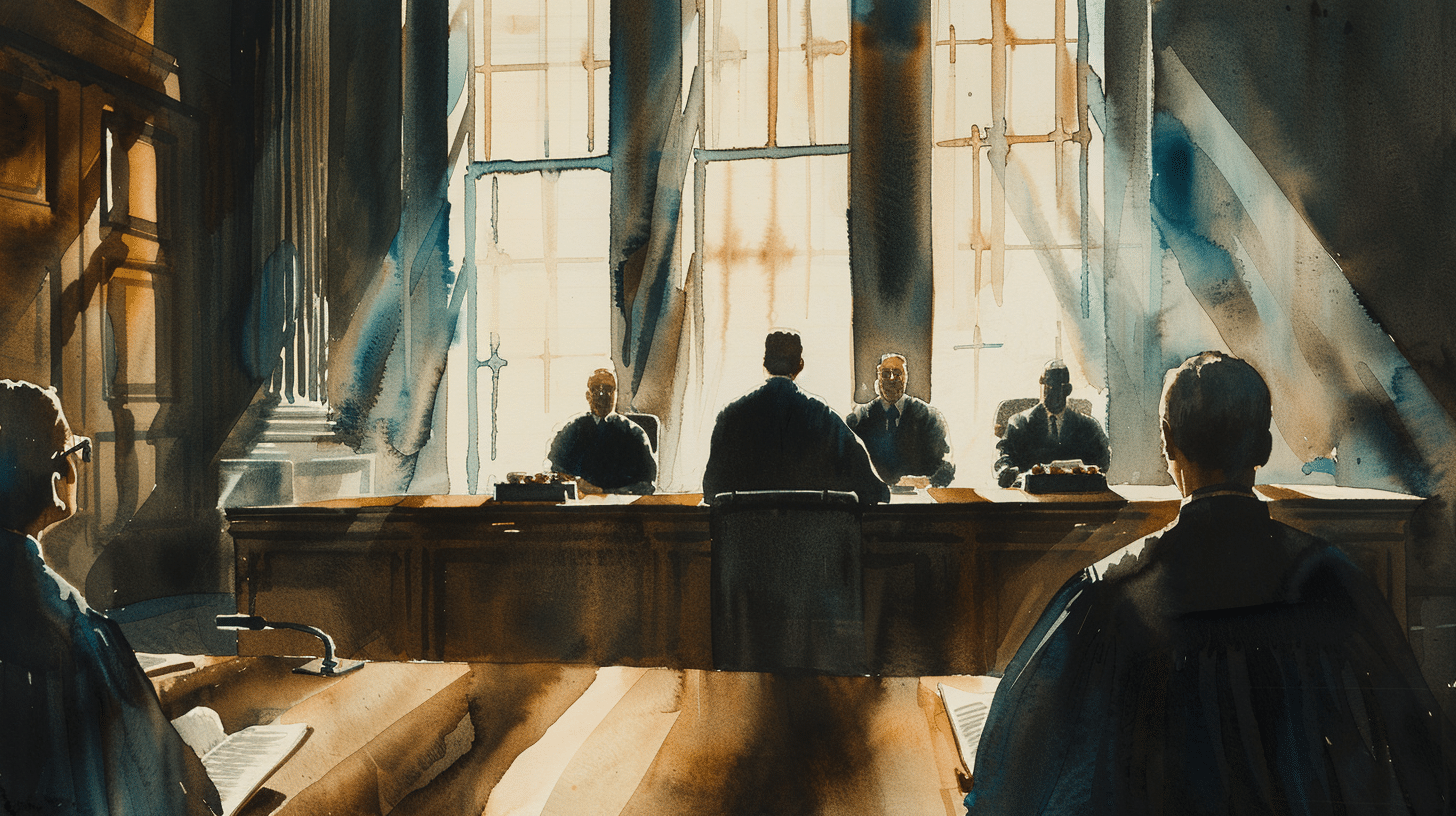Exceptions to the final judgment rule in Utah

In Utah, in order for the appellate court to take jurisdiction over your claim, you must obtain a final judgment. The final judgment rule is jurisdictional, and without it, the court of appeals will dismiss your case.
It’s helpful—and indeed appropriate—to think of both (1) petitions for interlocutory review and (2) final judgment certifications under rule 54(b) as “exceptions to the final judgment rule,” because they are. Powell v. Canyon, 2008 UT 19, ¶ 13.
There are also statutory “exceptions” to the final judgment rule. For example, under rule 4 of the Utah Rules of Appellate Procedure, a losing party has an appeal as of right after moving to dismiss under UPEPA, Utah’s Uniform Public Expression Protection Act. As well, Utah’s Uniform Arbitration act allows for appeals to be taken from a multitude of non-final orders under § 78B-11-129.
Not surprisingly, with so many avenues of appellate relief, and because choosing the correct avenue is jurisdictional, litigation of the appellate court’s jurisdiction is a minefield. Parties frequently discover—only after argument and briefing—that the appellate court has refused to take jurisdiction over their case and claims for relief.
If you are seeking relief on appeal, reach out to an appellate attorney to ensure you’re on the right path. And keep in mind the following deadlines:
- 21-day deadline for petitions for interlocutory review under rule 5 URAP
- 30-day deadline for cases certified under rule 54(b) URCP
- 30-day appeal as of right deadline under rule 4 URAP, including final judgments
- 28-day motion to amend deadline
- 180-day final judgment deadline from final judgments without separate judgment entered